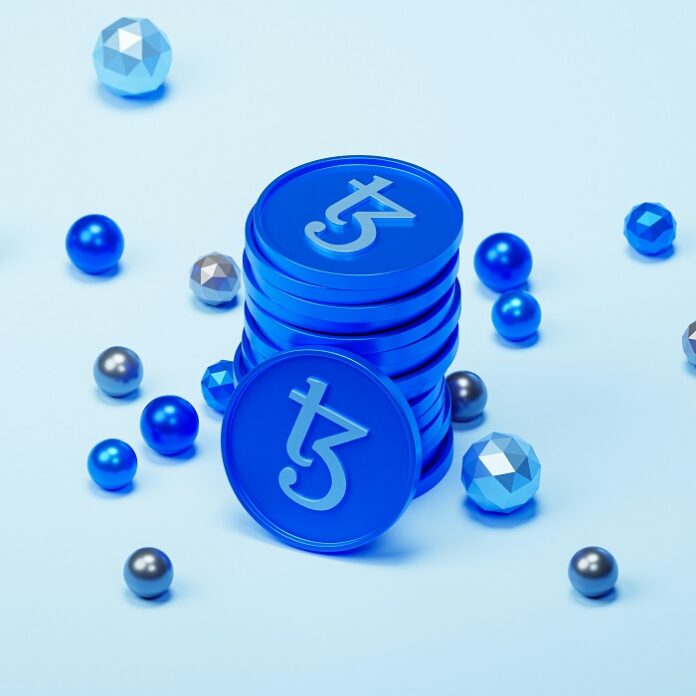Recent years have shown remarkable growth in the online gaming industry. Most of the growth is largely driven by the introduction of blockchain technology and cryptocurrencies, which have, in return, revolutionized how gamers engage with games and how game developers generate revenue. Enjin Coin is among those promising cryptocurrencies that stand out in this sphere. Nonetheless, as with any emerging technology, there are valid concerns about how it will be regulated to ensure a fair and secure environment for all stakeholders. These days, trading systems like immediate-edge.live are gradually making cryptocurrency day trading’s main form. In this post, we’ll talk about Enjin Coin and the gaming industry’s regulatory environment.
Enjin Coin: A Brief Overview
Specially tailored for the gaming sector, Enjin Coin is a cryptocurrency that was introduced by Enjin, a Singapore-based company specializing in building blockchain-based gaming platforms. This digital currency is envisioned to be the fundamental unit within the Enjin ecosystem comprising gaming commodities like virtual goods, mobile games, and online marketplaces.
Enjin Coin’s capability to be incorporated into current gaming platforms is one of its stand-out features. This allows game developers to effortlessly incorporate Enjin Coin into their games, empowering players to utilize the coin for purchasing in-game items or engaging in peer-to-peer trading. Furthermore, Enjin Coin boasts a plethora of enticing features, such as smart contracts and tokenization, making it an appealing choice for the gaming industry.
Gaming Regulation: The Current Landscape
As with any emerging technology, the regulatory landscape for cryptocurrencies in gaming is still evolving, with many countries lacking specific laws or regulations for their use in gaming. This has caused uncertainty and confusion in the industry. However, some countries have taken steps to regulate cryptocurrencies as a form of payment. The Financial Services Agency (FSA) in Japan, for instance, has designated cryptocurrency as a mode of payment, mandating bitcoin exchanges doing business in Japan to register with the FSA and abide by certain rules.
The regulatory environment for cryptocurrency and gaming is changing in the United States as well. The Securities and Exchange Commission (SEC) considers some cryptocurrencies as securities, thus falling under securities laws. Certain states, like Nevada, have also introduced regulations allowing cryptocurrencies in gaming through licensed operators.
Enjin Coin and Gaming Regulation
It is crucial to think about how Enjin Coin’s compliance may be impacted, considering the gaming industry’s regulatory landscape. The team at Enjinaffirmed its dedication to adhering to all relevant laws and regulations by taking necessary steps to ensure compliance. For instance, Enjin Coin conforms to the ERC-20 standard for Ethereum-based smart contracts. Collaborating with legal experts, the team has further ensured full compliance with applicable laws and regulations.
Final Thoughts
It can be concluded that Enjin Coin has the potential to revolutionize gaming. Its seamless integration into existing platforms and distinctive features make it appealing to developers and gamers alike. Yet, like any new tech, regulatory concerns exist. Though Enjin Coin holds transformative potential for the gaming industry, cautious and informed steps are necessary. To address this, the Enjin team must persist in collaborating with legal experts and adhering to applicable laws, while gamers and developers must stay informed.





